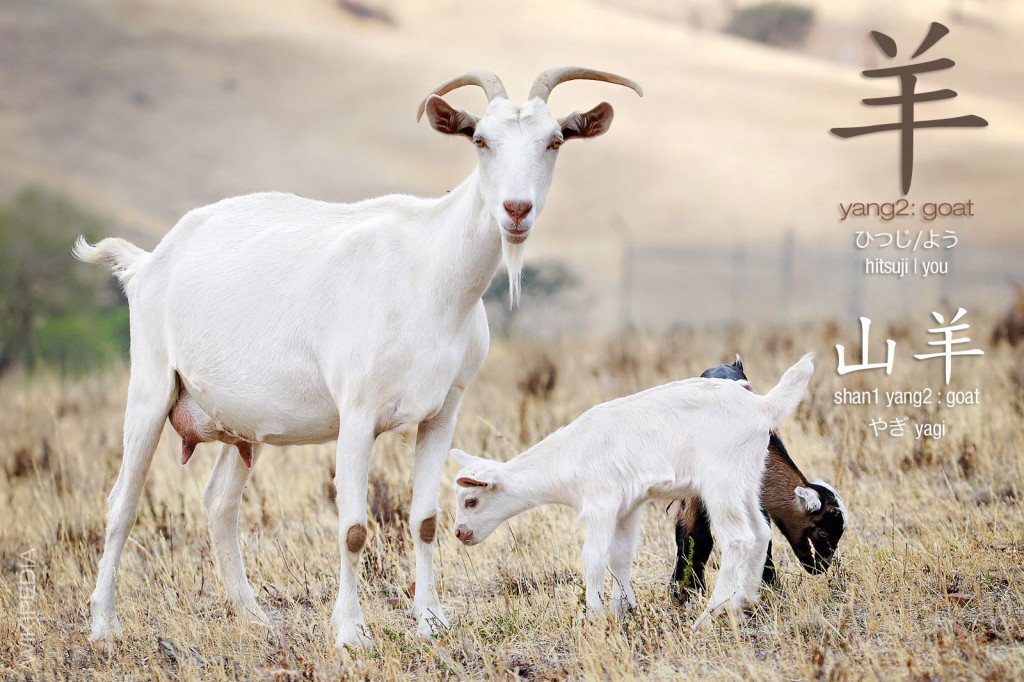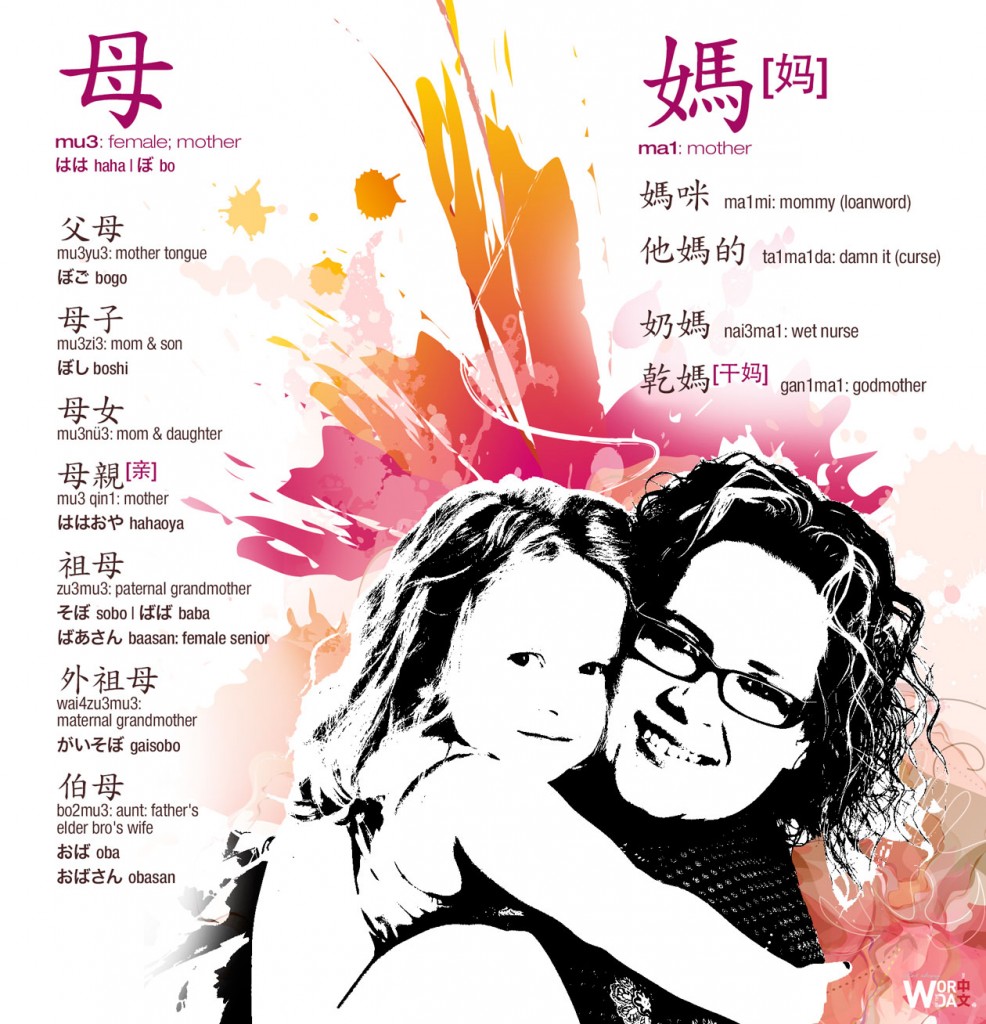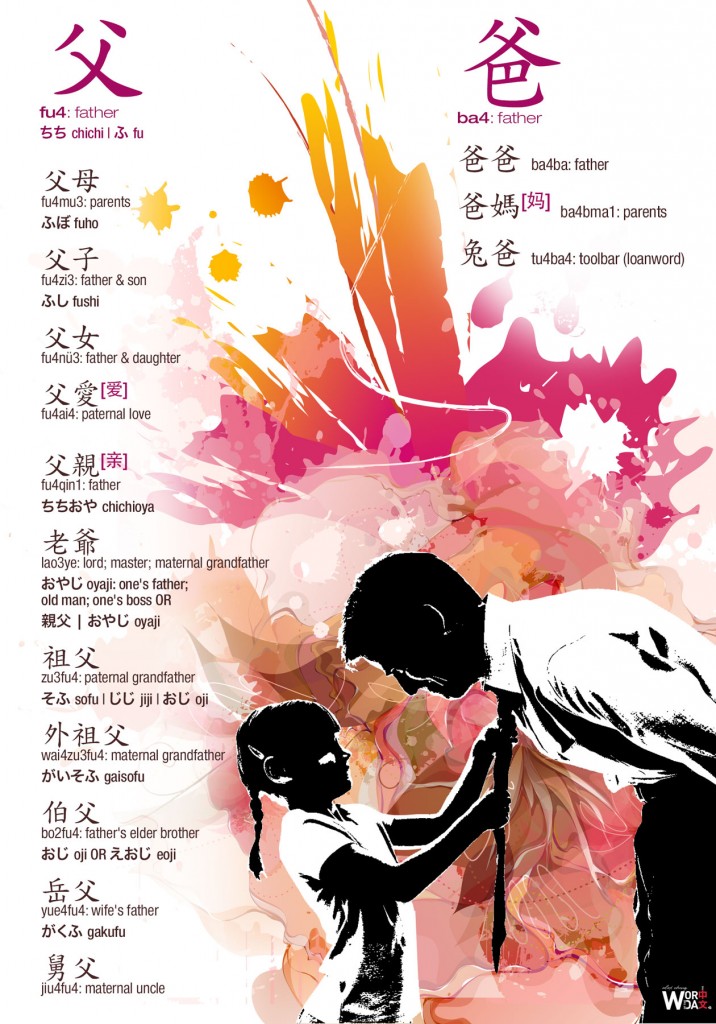臣 chén
radical 131
: minister; statesman; official; state official or subject in dynastic China
: “Your Servant”, form of address used when speaking to a ruler
: to submit oneself to the rule of or acknowledge allegiance to; to serve a ruler as his subject
臣 | おみ omi
noun
: (Archaism) retainer; attendant;
: Omi (hereditary title; orig. one of the two highest such titles, later demoted to sixth highest of eight)
臣 | やつこ yatsuko
noun
: (Archaism) slave
: retainer; servant
: captive
: (Derogatory) varlet
: (Humble (kenjougo) language) I; me
臣 | やつこらま yotsukorama
noun
: retainer; servant
臣 | しん shin
noun
: (Archaism) retainer; attendant
: (Humble (kenjougo) language) I (used by a servant when speaking to his master); me
じん jin




